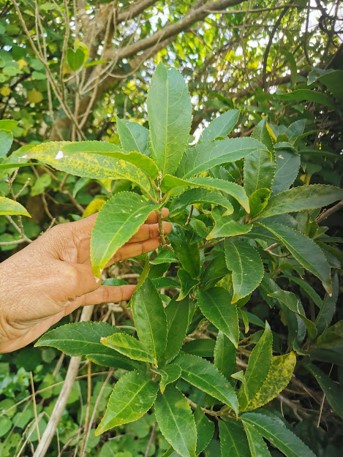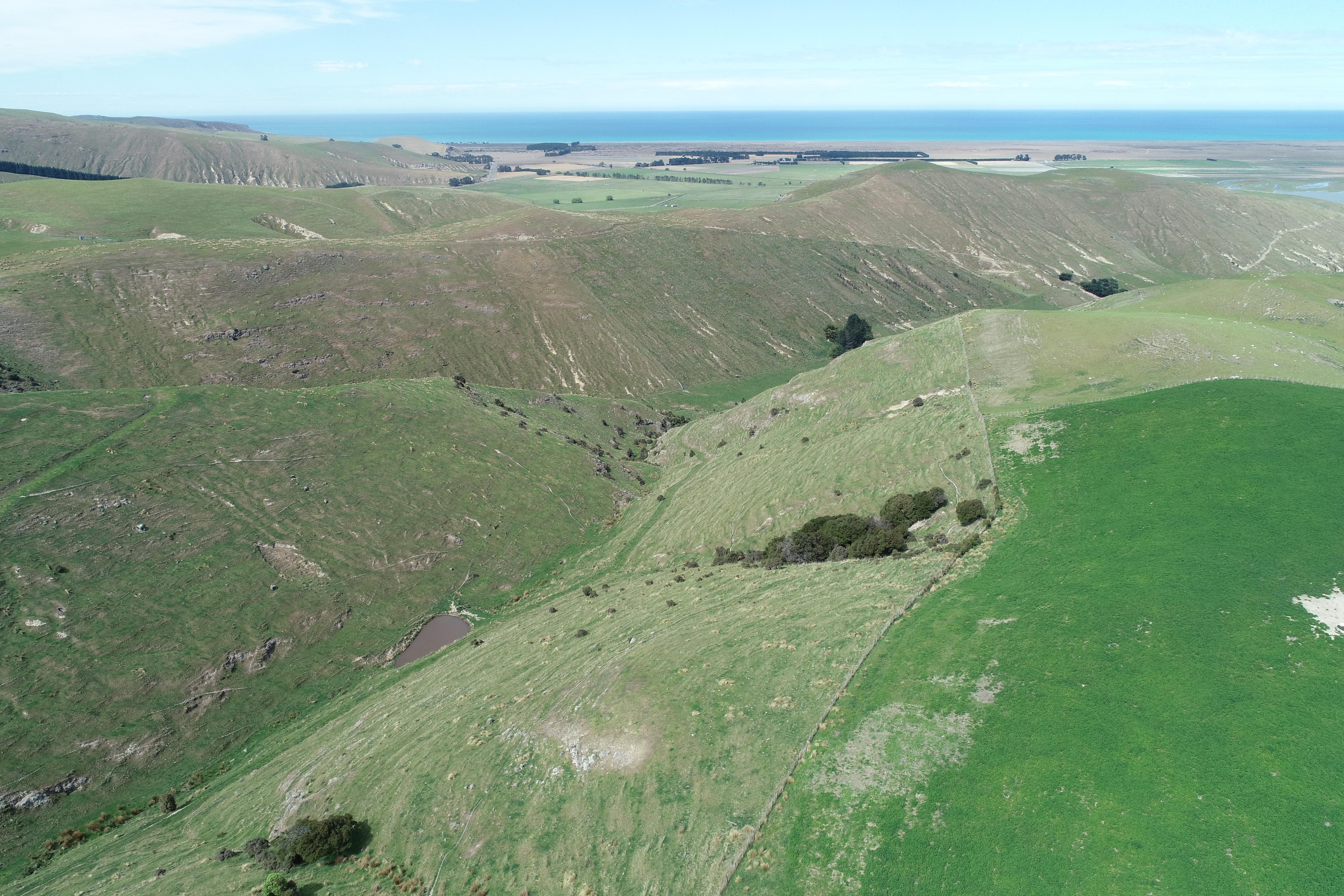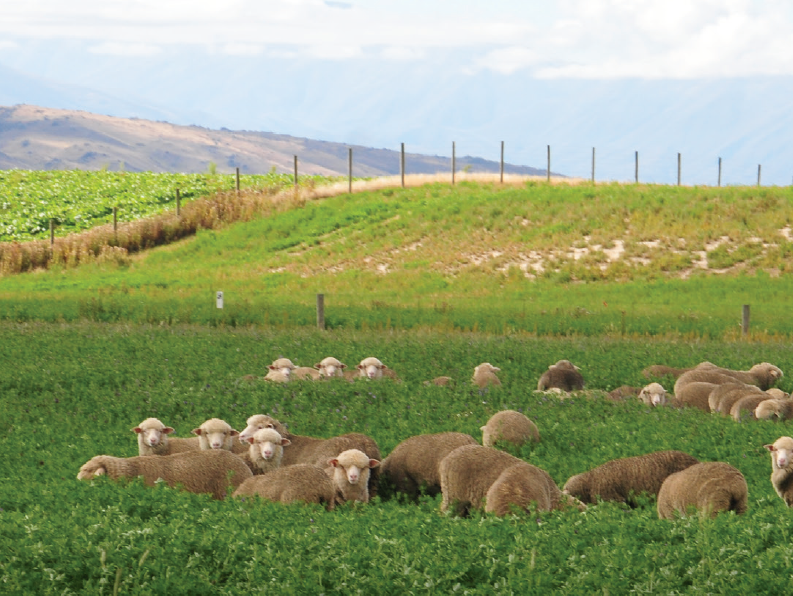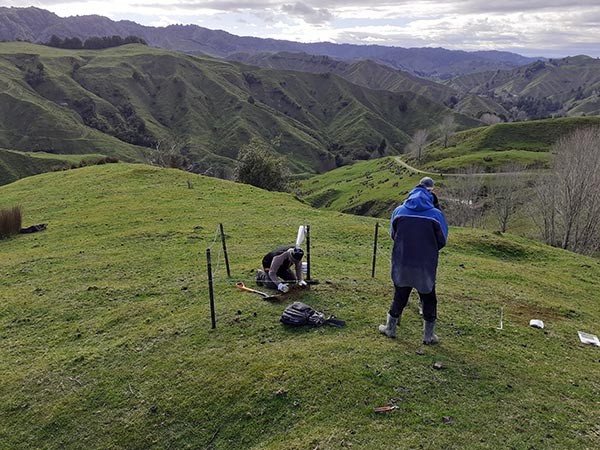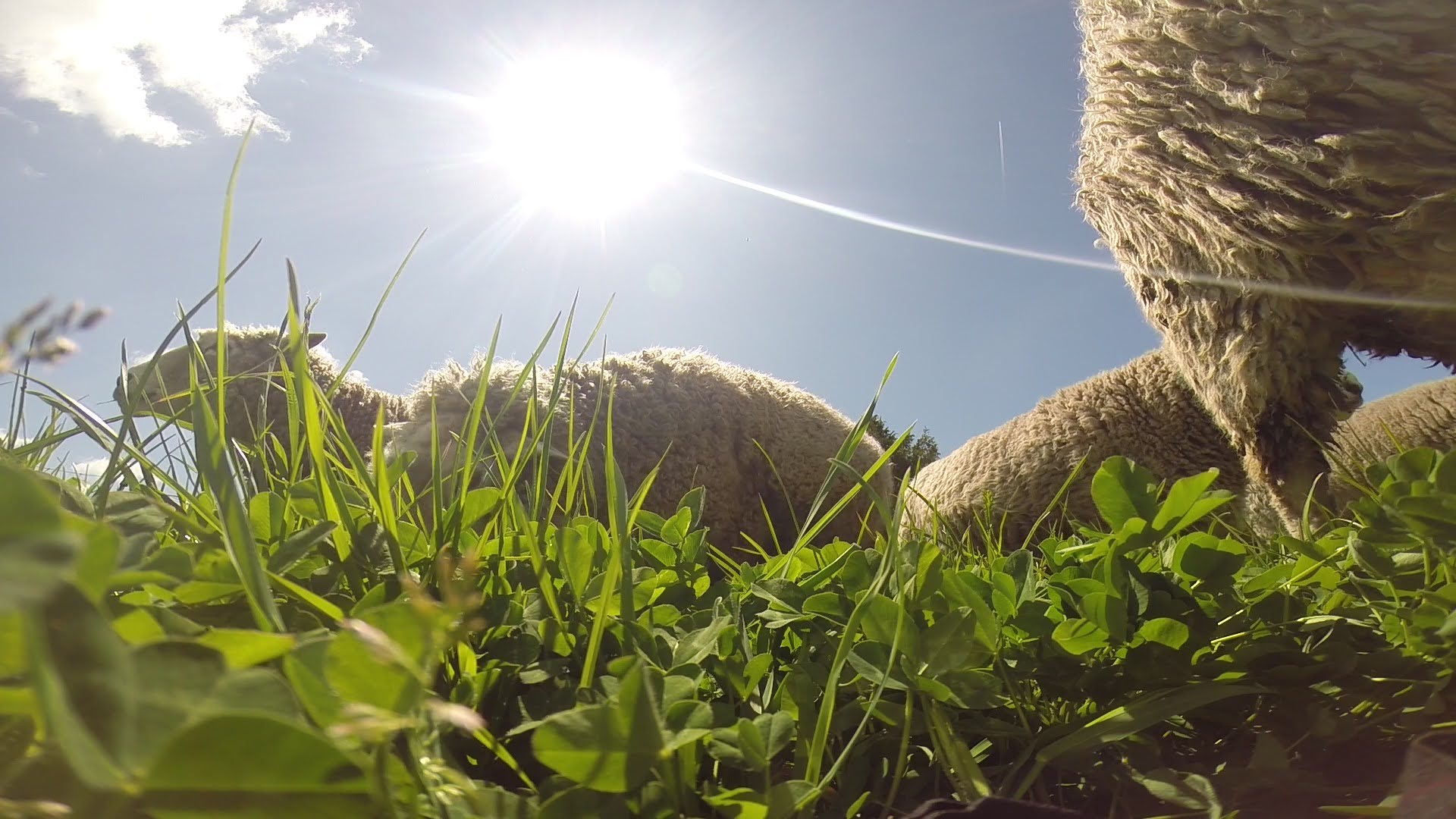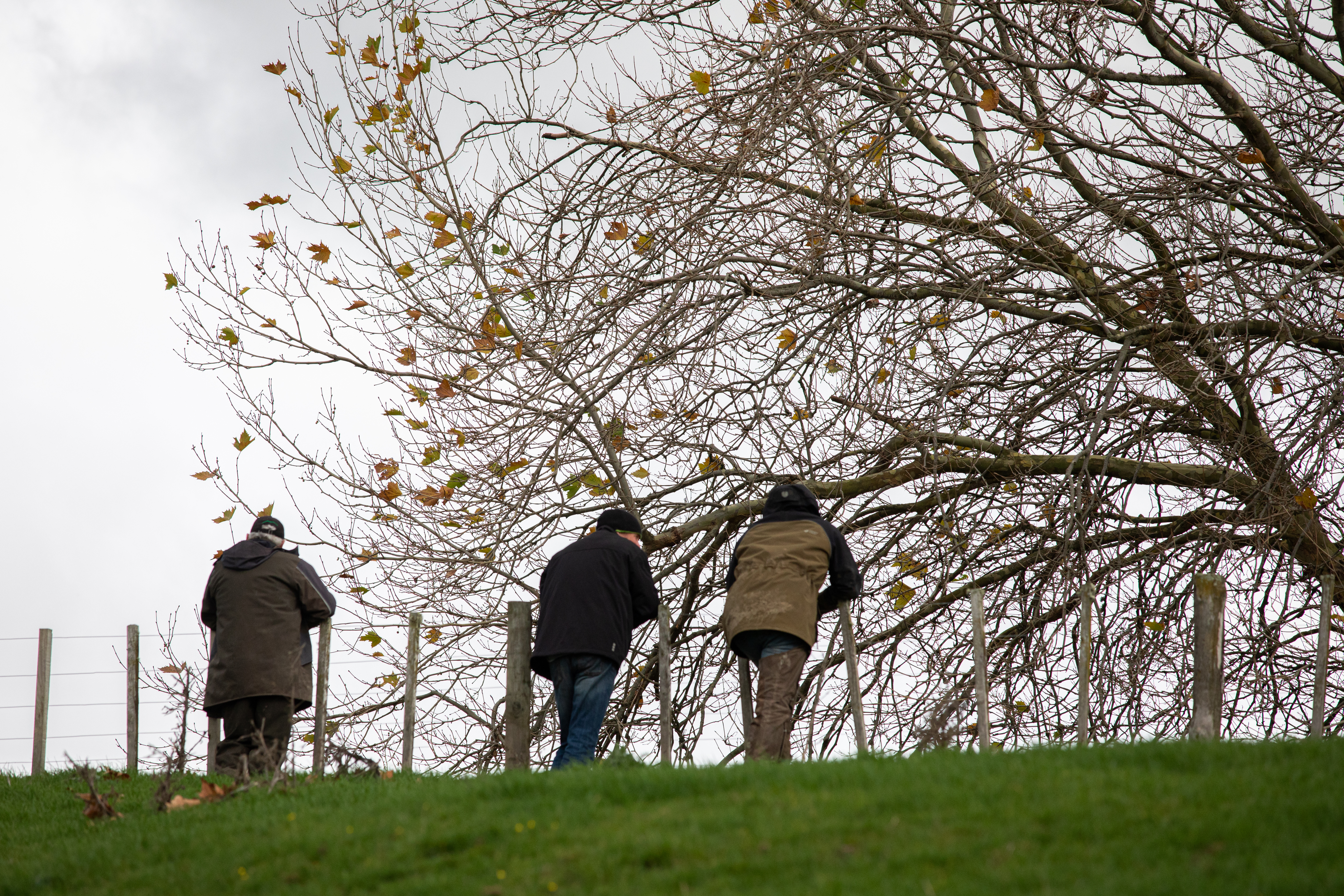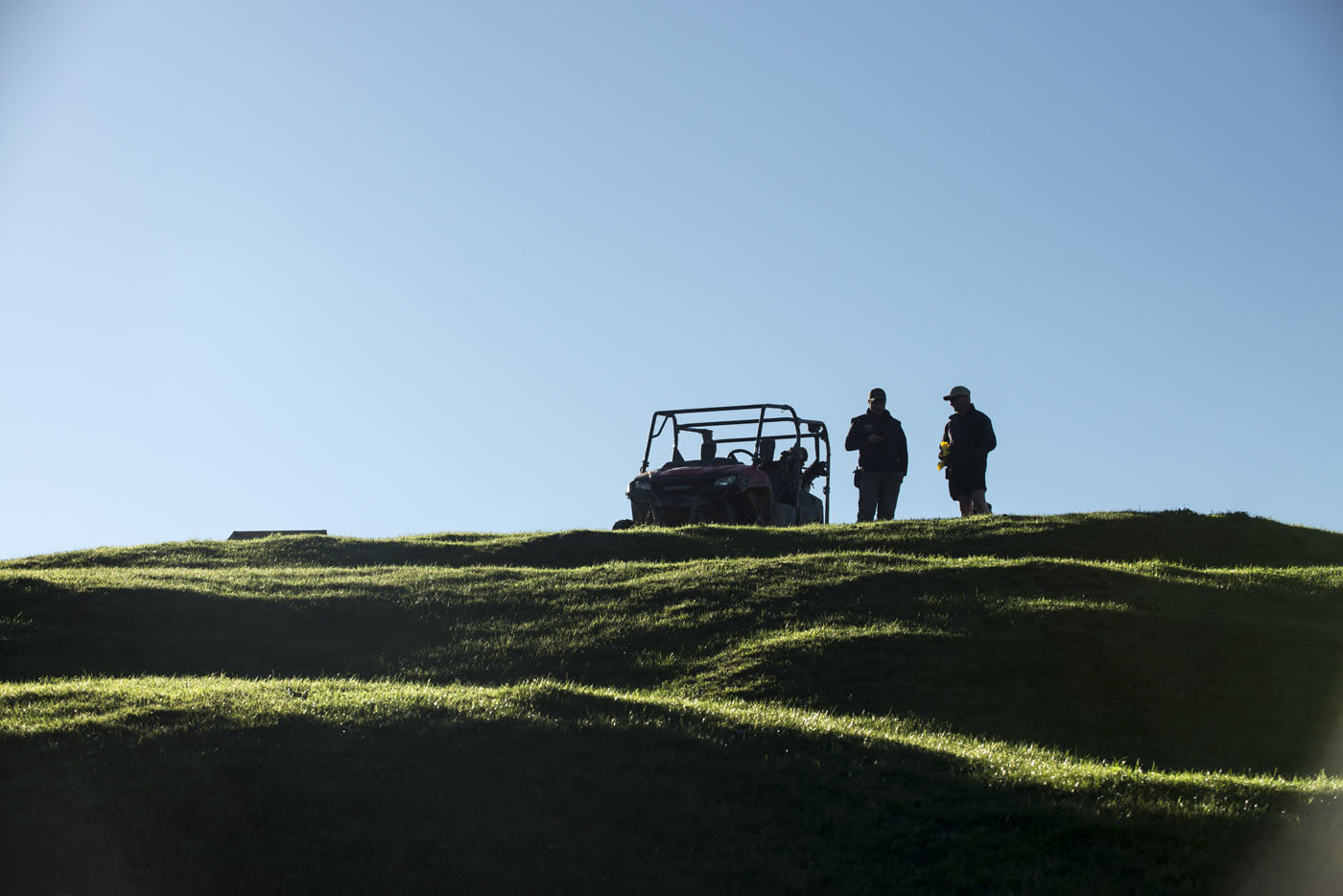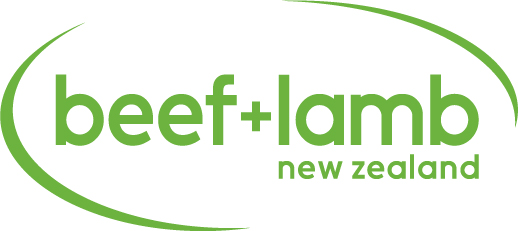Hill Country Futures (HCF) was a $8.1 million Partnership Programme led by Beef + Lamb New Zealand (B+LNZ) which ran for 5 years. It was co-funded by B+LNZ, the Ministry of Business, Innovation and Employment (MBIE), PGG Wrightson Seeds and RAGT New Zealand.
The programme was supported by a Steering Committee chaired by Jenni Vernon and members included Derek Woodfield (PGGW Seeds), James White (RAGT New Zealand), Sam Lang (farmer), Jacqui Cottrel (farmer), Rita Batley (farmer), Rawson Wright (FOMA) and Suzi Keeling (B+LNZ). Mhairi Sutherland was the programme manager (B+LNZ).
HCF focused on future proofing the profitability, sustainability and well-being of New Zealand’s hill country farmers, their farm systems, the environment and rural communities.
HCF consisted of two main interconnected work streams:
During the programme, the farming community were actively engaged, and a collaborative research approach was employed involving B+LNZ, farmers, universities, Crown Research Institutes, and consulting agencies. The programme generated a wide range of resources, including easily accessible extension materials, tools, and scientific publications, covering social, environmental, and technical aspects to support New Zealand's hill country farming systems.

